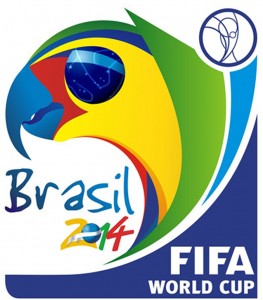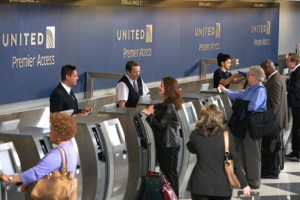The 2014 World Cup will be hosted by Brazil and faces heavy criticism in regards to event logistics and preparation. The risks associated with hosting this event are great, especially given Brazil’s fragile economic, social and political situations. Stadium construction has experienced delays, there have been numerous funding questions raised even after the project was well under way and safety issues for visitors have become more prominent as a result of protests and violence in Brazil. All these issues surrounding the event leads me to ask the question: why are these issues being addressed now as opposed to when the project was in its conception stage? Is the fact that Brazil is the most successful soccer nation in the world enough of a reason to ignore all the logistical shortcomings the country faces?
The political, social and economic climate of Brazil has not changed much since Brazil was awarded the rights to host the event back in 2006. Given all the issues surrounding Brazil’s candidacy, why was a such a great risk taken by FIFA? Why not award the event to more infra-structurally solid country so as ti minimize risk? For example, Brazil boasts no public transportation system and an entirely new transit system needs to be conceived in order to accommodate the influx of fans. What if the system is not completed on time? What if it not capable of meeting demand? World Cups in recent times have been hosted by countries (Italy in 1990, USA in 1994, France in 1998, South Korea/Japan in 2002 and Germany in 2006) who have reliable existing systems in place: major stadiums to host matches, solid transportation systems and relatively stronger economies to deal with project funding . On paper the worthiness of Brazil hosting the event is fair. Realistically, a project like this poses major risks as the prospects for problems arising is great, especially with the level of uncertainty facing Brazil internally.
South Africa in 2010 was a unique situation as it was both a economically/socially developing country as well as a soccer developing country. Though awarding the tournament to South Africa had good intentions and was successful, the post-tournament fallout was great. South Africa’s debt was large and many of the stadiums were completely dismantled/significantly downgraded. Further, the spike in economic activity local businesses realized subsided and the impact the tournament had on promoting and developing soccer in the country was lackluster. I would think most projects of this stature would consider the long-term as an essential component of its risk assessment plan, especially given the amount of time and money spent coupled with the country’s internal problems. Since soccer is huge in Brazil, developing the game there is not a purpose of the event like it was in previously in South Africa, Korea/Japan and the United States. I would argue the benefits of hosting the World Cup did not outweigh the costs as the long-term effects of the project were ignored. In turn, Brazil could face many of the same struggles next summer.
http://www.forbes.com/sites/andersonantunes/2013/06/12/can-brazil-really-handle-the-2014-fifa-world-cup/2/

